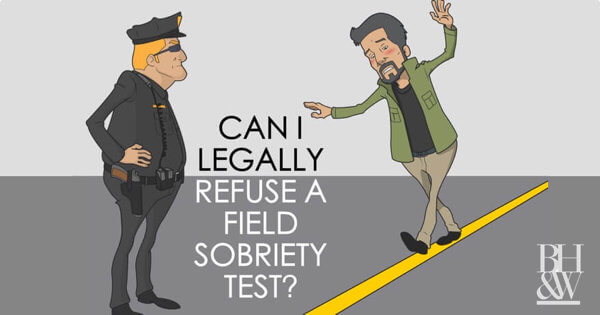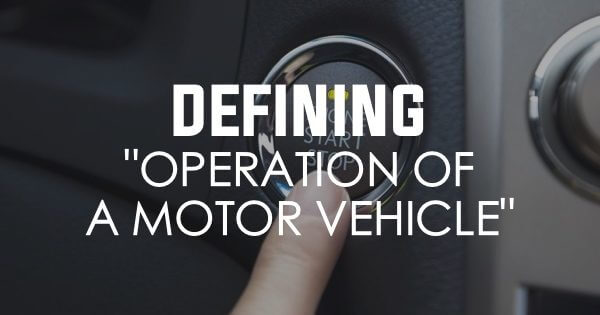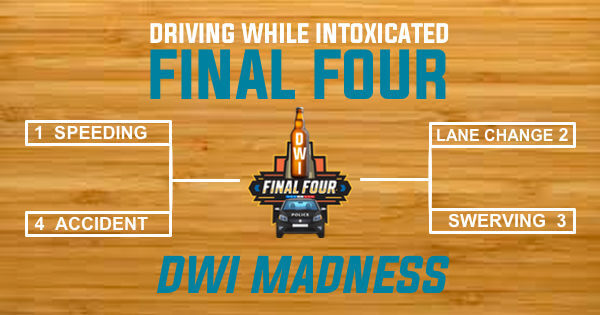 You can’t believe anything he says. He tries to sound intelligent and reliable, but falls far short. Did you think I was writing about a political candidate? Nope. A police officer.
You can’t believe anything he says. He tries to sound intelligent and reliable, but falls far short. Did you think I was writing about a political candidate? Nope. A police officer.
The Second District Court of Appeals (Fort Worth) just released State v. Houghton, a Driving While Intoxicated (DWI) case that centered around the testimony of the arresting officer. In this case, the defendant moved to suppress the DWI stop for lack of reasonable suspicion. At the suppression hearing, the police officer testified that he couldn’t remember why the car initially caught his attention. Perhaps it was for speeding, but he couldn’t say for sure. He further testified that the car was driving left of center in a lane, but that it never actually crossed over the line.
Granting the motion to suppress, the trial court commented that the officer lacked any credibility. Affirming the trial court’s suppression ruling, the Court of Appeals, held:
To establish reasonable suspicion, the state must show that, at the time of the detention, the officer had specific, articulable facts that established reasonable suspicion. Terry, 392 U.S. at 21-22, 88 S. Ct. 1868, 1880… Generally, law enforcement action can only be supported by facts the officer was “actually aware of at the time of that action.” State v. Ruelas, 327 S.W.3d 321, 326-27 (Tex. App.―El Paso 2010, pet. ref’d). As stated by the court in Ruelas, “The preference for objective standards, however, does not apply to the facts on which officers act.” Id. at 326 (holding officer lacked reasonable suspicion where it was not until suppression hearing when state was questioning motorist defendant that officer learned of facts suggesting he violated traffic code by making left turn into right-hand lane).
Here, because the officer failed to offer any justifiable reason for the traffic stop (a reason that was in his mind at the time of the stop, vice at the suppression hearing), the Court of Appeals affirmed the trial court’s suppression of the traffic stop. A police officer can’t just follow the prosecutor’s lead to justify the stop. He has to be able to articulate what was going through his mind at the time of the stop. If is doesn’t amount to reasonable suspicion, the case needs to get kicked.










